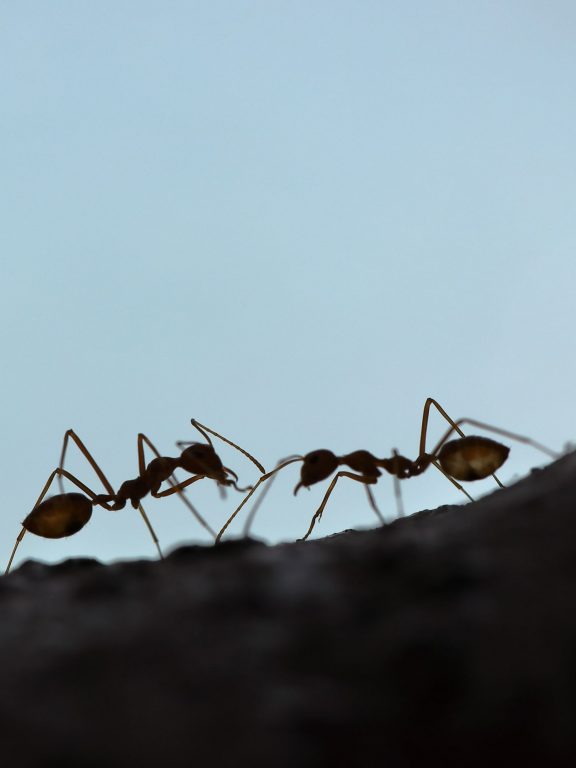What do certain species have in common? It is natural, from an evolutionary point of view, to help each other and, in some cases, to die for each other. It’s called kinship altruism. We can see this in ants, bees, moles… And, if we pay attention, in humans.
Long ago, when the archaic roots of our minds were formed, people lived in small groups, from 30 to at most 150 members (chimpanzees still live in groups of 30, taking care of each other).
Our ancestors, social primates, living in groups of up to 150 people, could know each other. They could recognize each other. Why? First of all because they were relatives. They were connected either by blood (genes) or by marriage. And group life gave them a strong evolutionary advantage. Those who were excluded from the group had very little chance of survival on their own. Such a situation should have been avoided at all costs: “if I am excluded, I die!”
This article is about couple relationships. Yes, ants and termites can teach us something about relationships. To make the connection here is some information from social psychology:
Partners, in marital relations (or consensual unions), resemble each other in the following dimensions:
Race
Socioeconomic status
IQ
Level of education
Attitudes
Personality traits
Religion
Obviously, there are always exceptions and the “resemblance” is not the same as “they are identical”. But if you know couples who have been together for 20-30 years, you may have noticed such similarities.
Why are we looking for similar ones? Why do (statistical averages) withstand partners that are similar rather than different? Why is it such a good idea to choose your life partner based on compatibility? Because we have a certain evolutionary history. Because our minds are configured in a certain way, dictated by the way endless generations of ancestors and our nature of social animals lived.
Cupid shoots at random only in movies. Men and women who start families and resist them are much more similar, statistically speaking, than if they had married at random. We are still afraid of strangers and we are instinctively looking for those like us. It’s true, we no longer live in groups of no more than 150, somewhere in the savannah. In a single subway trip we meet more people than our ancestors throughout their whole lives. However, we prefer the one who speaks like us, thinks like us, aspires to the same holiday destinations and, let’s not forget one important thing, is part of the same social class.
We dedicate ourselves to the similar, even if his genes are different from ours, because on the deep layers of our minds, impossible to erase, “similarity” means “members of the group” and belonging to the group means survival. Don’t look for a stronger motivation because it doesn’t exist. We all want to survive!
